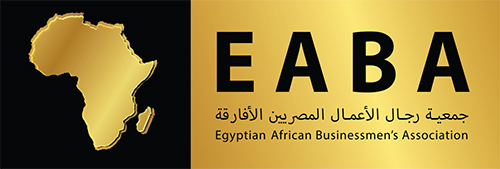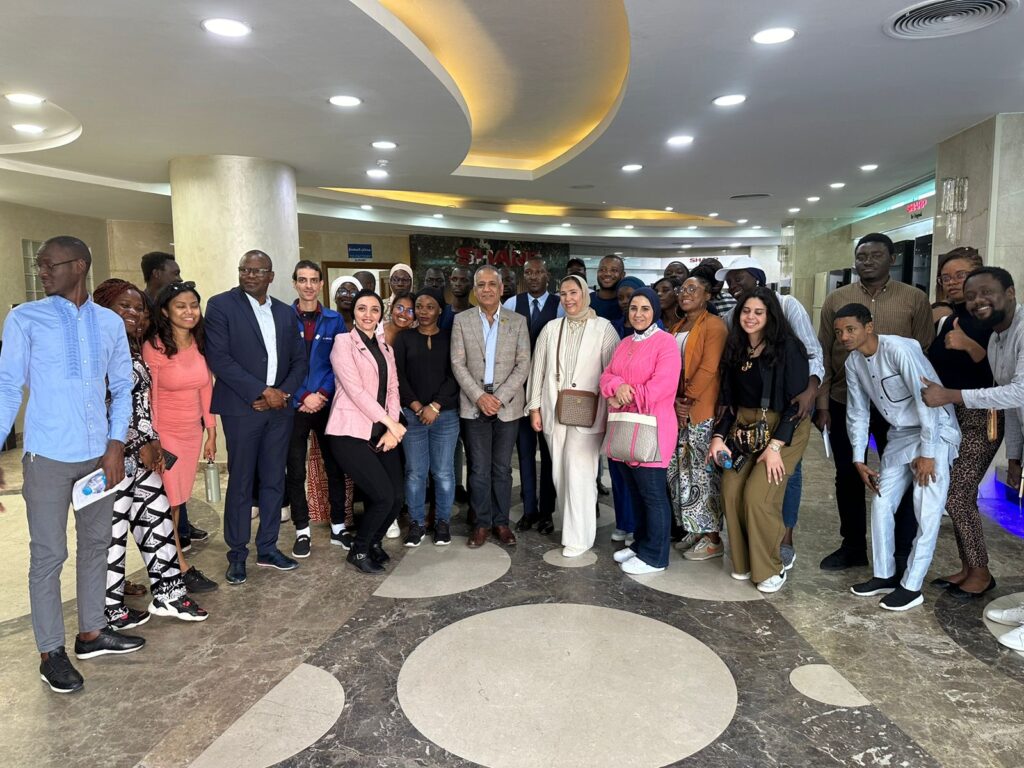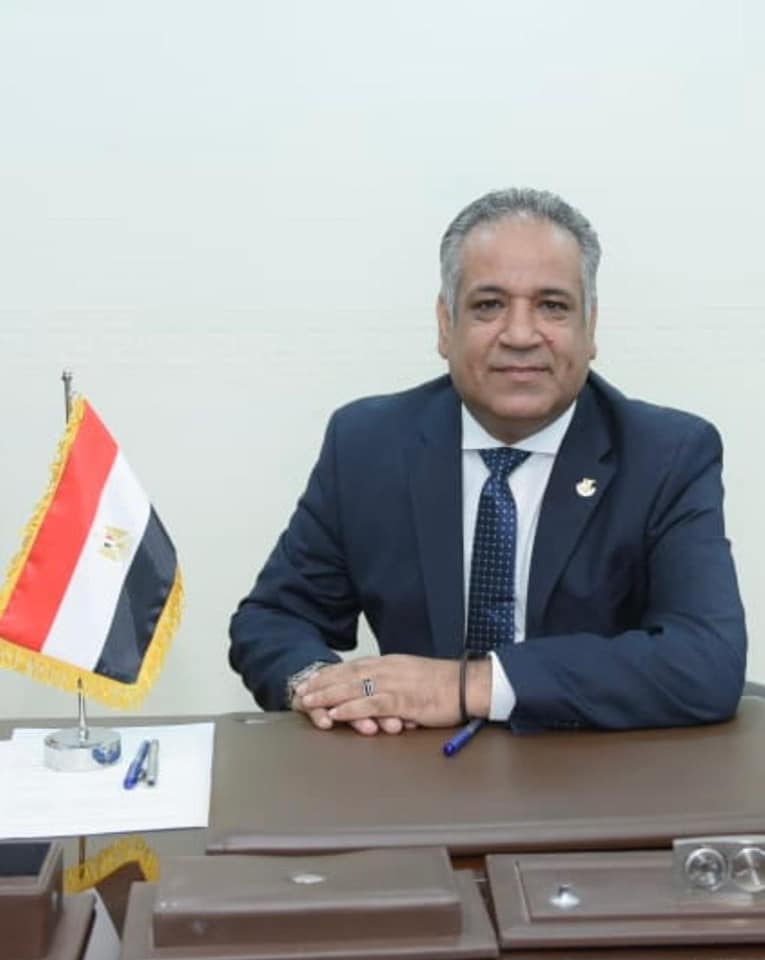In continuation of the efforts and activities underway, and the distinguished relationships between the EABA and its strategic partners, and as part of the implementation steps of the ‘Nafath’ initiative launched by the association in collaboration with Sangor University, aimed at networking between university students from 25 African countries and Egyptian factories and products, and following the selection of targeted delegates, representatives, and African partners, the association, in cooperation with Senghor University, organized a series of extensive field visits for students of the Department of Public Administration and Public Health at the university
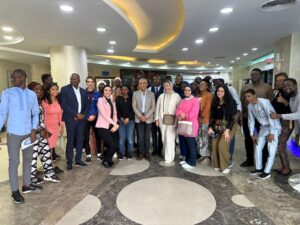
These visits come within the serious implementation aspect of the ‘African Access’ initiative, which was previously announced and launched by the association in collaboration with Senghor University
The visits were organized to major factories belonging to the association’s members, aiming to achieve various objectives, including providing practical training opportunities for African doctoral and master’s students and expanding their commercial relationship networks and enhancing investments in the countries they represent
This step reflects the commitment of both the association and the university to empower students to gain practical knowledge and enhance their opportunities in the job market

The visits began this Wednesday morning with students from the Department of Management visiting the factories of the Elaraby Group for Trade and Industry
And students from the Department of Public Health visited the Elaraby Hospital
Where students were provided with the opportunity to familiarize themselves with the production processes and innovative work methods The visits will continue tomorrow, Thursday, with two visits to Giza Power factories for the production of various types of electrical cables and also to the ‘Epic’ factory, which is the first factory for pasteurized egg products in the Middle East and North Africa region
These field visits provided students with a unique experience in expanding their knowledge of the industrial sector, and enhancing their understanding of the challenges and opportunities available in the field of business These tours also contributed to strengthening the relationships between students and companies, and providing future training opportunities and professional collaboration.

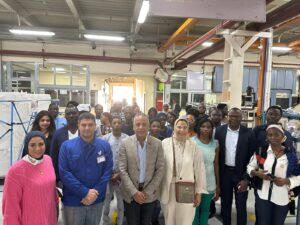
Dr. Yousrey El-Sharkawi, stated, EABA Chirman, saying: We are pleased to collaborate with Sangor University in organizing these field visits for students, allowing them the opportunity to learn about a variety of advanced industries in the region. Empowering African students to access the experiences and expertise of major factories opens up new horizons for innovation and entrepreneurship.
Dr. El-Sharkawi added: These visits are an essential part of the ‘African Access’ initiative aimed at enhancing communication and collaboration between the African market and local companies, and we believe that these partnerships will enhance opportunities for knowledge, training, knowledge exchange, and cultural exchange, opening up horizons and achieving tangible results, contributing to building strong and sustainable relationships between the business sector and academic institutions.
El-Sharkawi also emphasized that this type of initiative significantly contributes to enhancing cooperation and economic relations between Egypt and the rest of the African continent, and enhances opportunities for direct trade exchange as well as economic and investment activities between the companies and institutions of the association’s members and their counterparts in the continent.
Dr. El-Sharkawi concluded his statement by saying: Through these visits, we seek to expand the Egyptian presence and Egyptian products among students who we see as being in the stages of higher education, many of whom have come to Egypt and have extra time that can be rehabilitated, thus re-employing African human resources for the public good, and enabling them to actively participate in the development of their countries’ economies.
He also indicated that we look forward to continuing collaboration with universities and academic institutions to achieve more success and prosperity.
It’s worth mentioning that the Nafath initiative is more than just an ‘African Access’ initiative; it carries multiple dimensions and goals. In addition to enhancing trade exchange and expanding the circle of economic cooperation between Egypt and African countries, it aims to enhance access to diverse Egyptian health products and services in the markets of 25 African countries, including 15 French-speaking countries. In addition, The initiative aims to re-employ, harness, and direct the energies of African postgraduate students affiliated with Senghor University through a system managed between the association and the university, aimed at networking and acquainting them with the Egyptian and African business and financial community, with the aim of achieving positive benefits for all stakeholders involved. Facilitating access to Egyptian products and services for the markets and countries of students who are interested and committed to engaging and collaborating with Egyptian companies, through a joint training system that provides serious students with theoretical and practical opportunities, supervised by the association and the university and managed by qualified professionals proficiently.
The students expressed significant benefit from the field visits, where they were given the opportunity to explore manufacturing and production processes in major factories in the region. They also managed to expand their knowledge about advanced technologies and innovative work methods, contributing to deepening their understanding of the local industry and enhancing their professional capabilities.
On their part, The management of facilities, hospitals, factories, and institutions from the members expressed a warm welcome to the visiting students, emphasizing the importance of engaging with the next generation of professionals and entrepreneurs in the African market, Furthermore, these visits provided a platform for exchanging ideas and gaining insight into the preferences and needs of the African market, and building new relationships between students and business owners. This collaboration contributes to supporting economic and commercial development in the continent, and enhancing opportunities for future cooperation.
Furthermore it, These visits demonstrate the ongoing commitment to bridging the gap between education and the job market, and providing opportunities for professional training for students. This collaboration encourages expanding the scope of investment and enhancing economic development in the continent, as well as enabling students to acquire new skills and benefit from practical experiences to propel their careers towards success.
